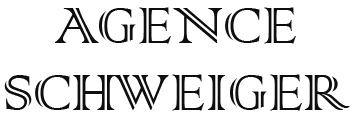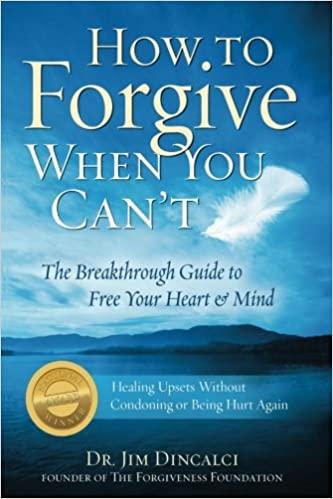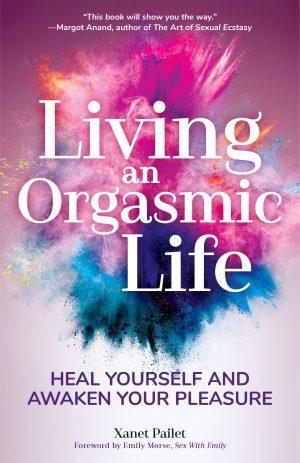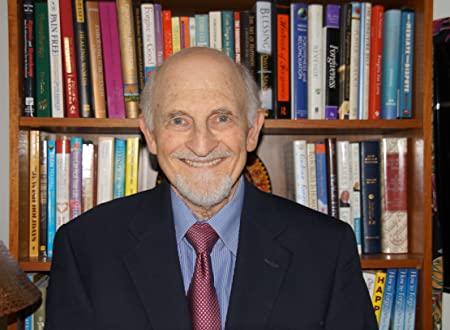How to Forgive When You Can’t: The Breakthrough Guide to Free Your Heart and Mind
0,00 €
| Language of origin | |
|---|---|
| Publication date | |
| Rights Sold | Chinese (complex), Chinese (simplified), French, Germany, Italy, Lithuanian, Romanian, Spain |
| Infos : | 222 pages |
Winner of 4 US awards! Published in 9 languages!
Nobel Peace Prize winner, Archbishop Desmond Tutu acknowledged Dr. Jim Dincalci for his contribution to his book, The Book of Forgiving, and spending “over twenty-five years counseling and teaching people who are struggling to forgive.”
Forgiveness: Is easier said than done.
You have been wronged and you cannot get past it. Whatever the cause of your resentment, you are finding it extremely difficult to forgive and forget. Maybe you are not even sure you want to.
Who is really being hurt?
The person you are hurting most by holding on to your resentment and anger is yourself. Unforgiven offenses eat at you, whether you know it or not, infusing your life with a bitterness that prevents you from finding peace.
Essentially, refusing to forgive is like drinking poison and expecting the other person to die.
How to Forgive When You Can’t will help you move past your upsets. Forgiveness is not as simple as saying the words, I forgive you. It is not that artificial. Instead, forgiveness is a process. Through clear-cut strategies and compassion-inspiring stories, Dr. Dincalci teaches you the techniques that will enable you to work through your emotions on the road to peace and joy.
This book provides proven, powerful methods that will help you get rid of your upsets for good – even those that seem unforgivable. It gives over ways, in detail, that help heal a lifetime of resentment, grudges, and especially regret, guilt, and self-blame. It helps deal with heavy trauma and abuse. Self-forgiveness is important in this work.
The author, Dr. Jim Dincalci, provides: brain and clinical research, case studies, and how to maintain gains made. Mental health, legal, religious, and medical professionals will find it useful as a guide to help people cope with very difficult problems.
You will learn:
1- The 8 Essentials and 7 Secrets for dealing with upsets.
2- 30 successful forgiveness techniques
3- What all trauma survivors and their family members need to know.
4- How to effectively deal with the emotional blocks that prevent forgiving.
5- The 5 best strategies for difficult situations.
6- How to escape the cycle of victimhood and guilt.
Reviews
•This is an outstanding book. What an invaluable and needed book for our times. – Angeles Arrien, Ph.D., Anthropologist/Author/
•This book has set me free! I knew something was wrong, but I could not figure it out. I was able to let them go. LeVonder Brinkley, Ph.D., Author/Speaker
•I had no idea that I would receive gifts so much greater than understanding the concepts and put the ideas into practice. This book helped to renew my spirit. I highly recommend this book. A well-spent effort on self-improvement. – G. Thomas, M.D.
•By using methods in this book, it was easy to release upsets that I never really felt I could deal with. Dr. Dincalci covers an extensive list of forgiveness techniques, providing the tools to tackle any upset. -Eric Donaldson, Ph.D., University Researcher
•Dr. Dincalci’s approach helped me find an internal peace long sought after. It has helped me deal with patients and students in my clinical practice. –P. Mahurin, Nurse Practitioner
•The reading is infused with evocative and inspiring quotations which enrich and sustain the reader’s focus throughout. This book is a reference to return to again and again as one pursues forgiveness thoroughly. – N. Morano, Ph.D., ABBP, Diplomate-Clinical Psych.
•If you are at all interested in forgiving, read this book. It can save you time, money and heartache. —Kenneth Lebensold, JD, Ph.D.
•This is a really good forgiveness book. It is clear, helpful and wise. Anyone who brings a hurt or grievance to this work will be helped. —Fred Luskin, Ph.D., author –Forgive for Good, and Forgive for Love.




